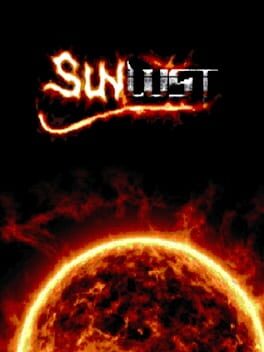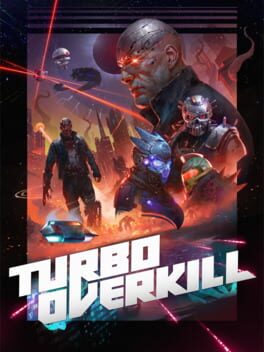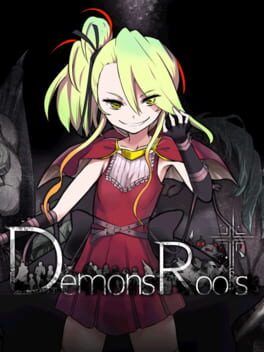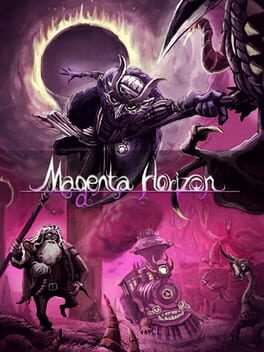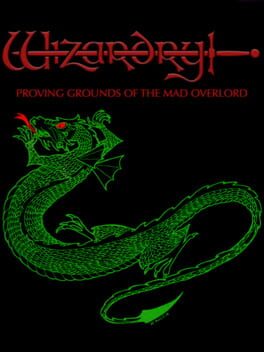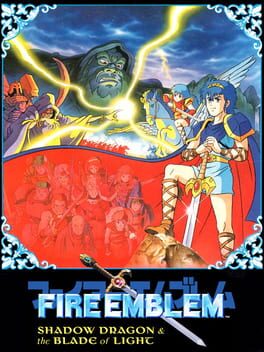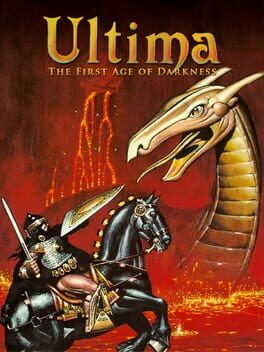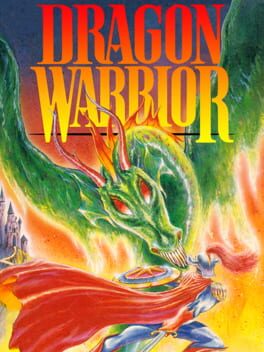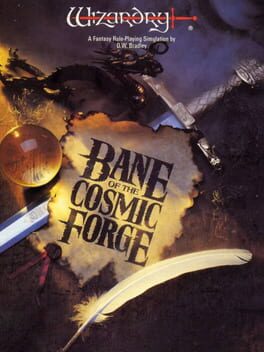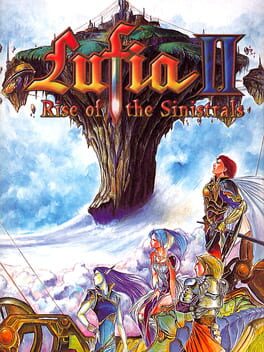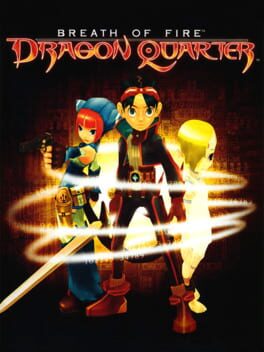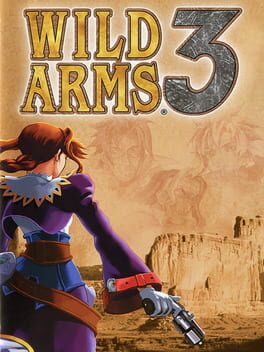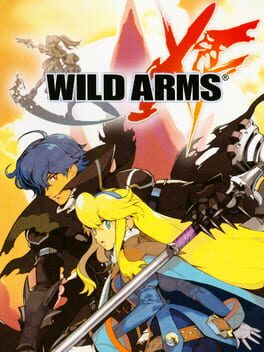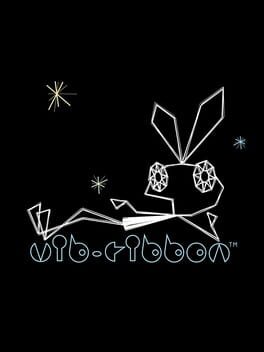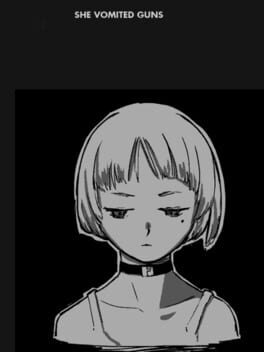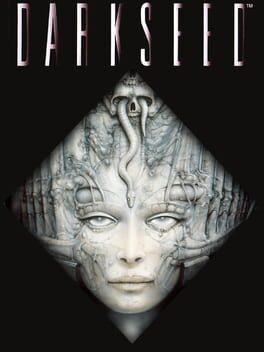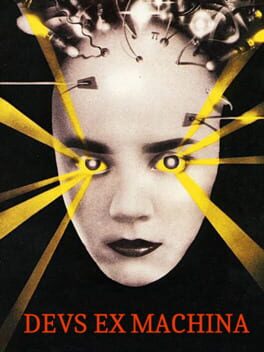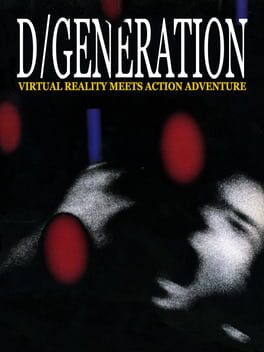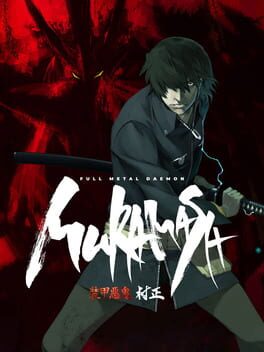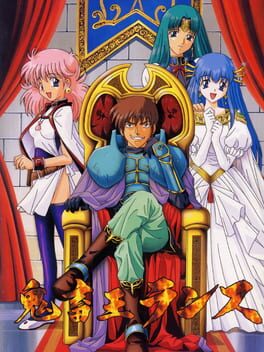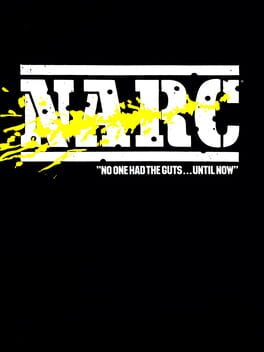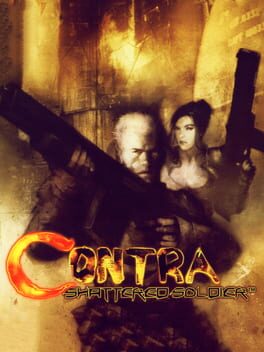Hythloday
4 reviews liked by Hythloday
Sunlust
2015
Turbo Overkill
2022
Turbo Overkill's damage calculus works against the game very hard. All attacks (and I mean all, your attacks and enemy attacks) either do inconsequential damage or instantly kill the target. From the player side, this means most weapons are not worth caring about. Out of an arsenal of 10 weapons, only 4 are generally applicable to combat. There's nothing wrong with a 4 weapon arsenal necessarily, but why were the other 6 added? For a damage niche that that doesn't exist? To add resources to an already over-saturated ammo economy where you have to try to run out of bullets? The remaining 4 weapons are effective, but they're SO effective that basic use with the player's abilities would make most combat encounters arbitrarily easy. It at least makes most individual fights not worth thinking about.
I say 'would' because getting grazed by anything larger than you is usually an instant kill. Turbo Overkill gets some grace here because its respawn time is refreshingly low, and a majority of enemies are the man-sized ones who only exist to pad level enemy counts, so it's a manageable problem from a play perspective. The issue is the breakpoint instant kills create means most resource management is meaningless. If everything important kills you in one shot, why bother having health or armor? Players that figure this out can probably spec into a very effective glass-cannon playstyle, which is cool! But I feel that Turbo Overkill expects player health to be a much more closely managed resource. If players were supposed to be gibbed so fast by enemies, why are Rammers the only enemies with non-visual attack queues?
And, you know, getting the death BSOD with no feedback is kinda annoying.
Turbo Overkill's gameplay does not have a middle ground between being alive and not, but provides tools that are applied almost exclusively to that middle ground. The game wants to give the players tools to explore gameplay depth that doesn't exist. The best the player can do is autopilot between threat vectors until every enemy worth caring about is dead or they've been respawned.
There're a lot of other problems with Turbo Overkill regarding its movement being weird and contextually sluggish, and its presentation being kinda sloppy, and the writing being really not that great, but the whole "complexity-erasing damage" thing is the big one to me.
I say 'would' because getting grazed by anything larger than you is usually an instant kill. Turbo Overkill gets some grace here because its respawn time is refreshingly low, and a majority of enemies are the man-sized ones who only exist to pad level enemy counts, so it's a manageable problem from a play perspective. The issue is the breakpoint instant kills create means most resource management is meaningless. If everything important kills you in one shot, why bother having health or armor? Players that figure this out can probably spec into a very effective glass-cannon playstyle, which is cool! But I feel that Turbo Overkill expects player health to be a much more closely managed resource. If players were supposed to be gibbed so fast by enemies, why are Rammers the only enemies with non-visual attack queues?
And, you know, getting the death BSOD with no feedback is kinda annoying.
Turbo Overkill's gameplay does not have a middle ground between being alive and not, but provides tools that are applied almost exclusively to that middle ground. The game wants to give the players tools to explore gameplay depth that doesn't exist. The best the player can do is autopilot between threat vectors until every enemy worth caring about is dead or they've been respawned.
There're a lot of other problems with Turbo Overkill regarding its movement being weird and contextually sluggish, and its presentation being kinda sloppy, and the writing being really not that great, but the whole "complexity-erasing damage" thing is the big one to me.
Demons Roots
2021
Demons Roots. It is a game that many will scoff at the idea of playing upon learning of either its premise or its engine. Especially when they learn it has tons of porn in it, some of which is... on the extreme side, to put it mildly. However, beneath the surface is a heartfelt, if a bit too tropey at times, story about history revisionism, the oppressed, and the 'us or them' mindset people are so eager to adopt, and at a lightning-fast pacing with constant twists and turns to keep the reader engaged.
Of course, Demons Roots does sacrifice a lot for this pacing. Indeed, while the game does try to evoke the feeling of a grand invasion, the reality is that the game is clearly hamstrung by what is feasible to depict. What should be huge kingdoms are... 6 houses, 10 npcs and a dungeon. The culture of each place is described to you in off-handed sentences. There's no time to develop this or expand the scale; the game's gotta plan, you see, and dammit you are going to go on this ride whether you like it or not. Next plotpoint, next kingdom, go go go, no time.
While this leaves a lot to be desired on the setting of the world itself, the game doesn't skip out on its characters. Many that are feel trope-riddled initially or boring prove themselves to be anything but as the story goes on, with nuances and belief. The war, and the reasonings for the war, while boiling down to the same greater goal, means something different to everyone. It reminds me of a smaller-scoped Wrath of the Righteous in that way.
Unfortunately, the gameplay only ever reaches 'alright'. Decent, and potentially more interesting if Ange didn't shatter the game across her knee by being fundamentally broken, but rarely great. It does the best with what it can by giving characters strongly defined roles and differences, but it is RPG-maker combat through and through.
If I were to labor critiques at the game, I find the dialogue to be a bit unnatural at times, so focused on explaining and expositing the plot and getting to the next plot point that the characters, when in some focal scenes, start feeling like expository devices, or answering machines that are responding to questions the reader might be having. Lots of "Hey, why doesn't X/Y/Z help, or why don't we do A/B/C" "Well, that's because of X/Y/Z reason, because of A/B/C". Much of this is owe'd to the story moving at such breakneck pace that it leaves so many natural holes that the game must constantly seek to answer lest it be buried under a weight of contrivances.
That being said, that's mostly a gripe. A real complaint would mostly be the final act and chapter, the 'epilogue' as it were. The situation behind it makes sense, but it feels like something that needed much more time and development to properly get across. As it is now it feels like a needless appendix to get across a point the game had drifted off of due to focusing on the antagonist. It's thematically fitting, but feels excessively fast and honestly unwarranted. Not to mention a lot of characters just... aren't involved in it, which is unfortunate.
Either way, I enjoyed my 30~ish hours with Demons Roots. I don't know if it's an all-time great for me, but I respect it a lot for what it does, and what it grows into.
Of course, Demons Roots does sacrifice a lot for this pacing. Indeed, while the game does try to evoke the feeling of a grand invasion, the reality is that the game is clearly hamstrung by what is feasible to depict. What should be huge kingdoms are... 6 houses, 10 npcs and a dungeon. The culture of each place is described to you in off-handed sentences. There's no time to develop this or expand the scale; the game's gotta plan, you see, and dammit you are going to go on this ride whether you like it or not. Next plotpoint, next kingdom, go go go, no time.
While this leaves a lot to be desired on the setting of the world itself, the game doesn't skip out on its characters. Many that are feel trope-riddled initially or boring prove themselves to be anything but as the story goes on, with nuances and belief. The war, and the reasonings for the war, while boiling down to the same greater goal, means something different to everyone. It reminds me of a smaller-scoped Wrath of the Righteous in that way.
Unfortunately, the gameplay only ever reaches 'alright'. Decent, and potentially more interesting if Ange didn't shatter the game across her knee by being fundamentally broken, but rarely great. It does the best with what it can by giving characters strongly defined roles and differences, but it is RPG-maker combat through and through.
If I were to labor critiques at the game, I find the dialogue to be a bit unnatural at times, so focused on explaining and expositing the plot and getting to the next plot point that the characters, when in some focal scenes, start feeling like expository devices, or answering machines that are responding to questions the reader might be having. Lots of "Hey, why doesn't X/Y/Z help, or why don't we do A/B/C" "Well, that's because of X/Y/Z reason, because of A/B/C". Much of this is owe'd to the story moving at such breakneck pace that it leaves so many natural holes that the game must constantly seek to answer lest it be buried under a weight of contrivances.
That being said, that's mostly a gripe. A real complaint would mostly be the final act and chapter, the 'epilogue' as it were. The situation behind it makes sense, but it feels like something that needed much more time and development to properly get across. As it is now it feels like a needless appendix to get across a point the game had drifted off of due to focusing on the antagonist. It's thematically fitting, but feels excessively fast and honestly unwarranted. Not to mention a lot of characters just... aren't involved in it, which is unfortunate.
Either way, I enjoyed my 30~ish hours with Demons Roots. I don't know if it's an all-time great for me, but I respect it a lot for what it does, and what it grows into.
Magenta Horizon
2021
Magenta Horizon is one of my favorite action games, perhaps even the most fun I’ve had in the genre. It’s a whirlwind of chaos and skill that is incredible to master.
Music that goes hard, wonderfully weird aesthetics, an expertly designed move set, a dizzying cast of delightfully devilish enemies, interesting stages + world, and a maniacal ceiling for challenge… this game is just packed with things to love.
Magenta Horizon is the full power of an action-game fiend, blasted at you without restraint. Each enemy type is cleverly designed to present you with a threat that deserves your attention… have fun dealing with an entire arena of them at the same time. There is a truly staggering number of monsters in this game, and they’re eager to gang up on you with their impressive diversity and powerful synergies.
Each arena is an incredibly crafted challenge. You aren’t only facing a purposeful onslaught of great enemies, often the arena layout itself is ready to join the fight against you. There’s a great sense of variety as you encounter various line-ups of enemies, strange environmental hazards, and interesting gimmicks. Especially amusing is the occasional flagrant disregard of occupancy limits… arenas that cram these enemies into a painfully tight space.
Gretel’s powerful moveset is what allows the game to have these mad challenges. She has a wide array of fantastic feeling moves that flow into each other as a non-stop stream of violence. Over the course of the game, you’ll unlock 8 (!) awesome magical spells that each provide a powerful ability… which also can synergize with each other to create awesome crowd devasting effects. Finally, Magenta Horizon has the greatest healing mechanic in all of video games. The glorious healing bomb promotes aggression so well that it puts things like DOOM’s glory kills to shame.
Speaking of aggression, this game has excellent bosses. None of the nonsense common to games where it feels like you and the boss are taking turns. Instead, both of you are wildly and relentlessly aggressive.
Magenta Horizon also has one of the best hard modes. Reaper difficulty is a beautiful force to be reckoned with, it cranks the wonderful challenge to a whole new level… here the enemy and arena design truly shine. It feels awesome to overcome these gauntlets which all prompt a “are you serious” reaction from me.
Finally, I must point out that Act 2 absolutely rules. This review applies to act 1, which you can check out for free… somehow Act 2 is even better. The levels are much more interesting to navigate, the musical style is even more developed, the necklace system starts to offer interesting decisions and build choices and of course the enemies are simply evil.
Music that goes hard, wonderfully weird aesthetics, an expertly designed move set, a dizzying cast of delightfully devilish enemies, interesting stages + world, and a maniacal ceiling for challenge… this game is just packed with things to love.
Magenta Horizon is the full power of an action-game fiend, blasted at you without restraint. Each enemy type is cleverly designed to present you with a threat that deserves your attention… have fun dealing with an entire arena of them at the same time. There is a truly staggering number of monsters in this game, and they’re eager to gang up on you with their impressive diversity and powerful synergies.
Each arena is an incredibly crafted challenge. You aren’t only facing a purposeful onslaught of great enemies, often the arena layout itself is ready to join the fight against you. There’s a great sense of variety as you encounter various line-ups of enemies, strange environmental hazards, and interesting gimmicks. Especially amusing is the occasional flagrant disregard of occupancy limits… arenas that cram these enemies into a painfully tight space.
Gretel’s powerful moveset is what allows the game to have these mad challenges. She has a wide array of fantastic feeling moves that flow into each other as a non-stop stream of violence. Over the course of the game, you’ll unlock 8 (!) awesome magical spells that each provide a powerful ability… which also can synergize with each other to create awesome crowd devasting effects. Finally, Magenta Horizon has the greatest healing mechanic in all of video games. The glorious healing bomb promotes aggression so well that it puts things like DOOM’s glory kills to shame.
Speaking of aggression, this game has excellent bosses. None of the nonsense common to games where it feels like you and the boss are taking turns. Instead, both of you are wildly and relentlessly aggressive.
Magenta Horizon also has one of the best hard modes. Reaper difficulty is a beautiful force to be reckoned with, it cranks the wonderful challenge to a whole new level… here the enemy and arena design truly shine. It feels awesome to overcome these gauntlets which all prompt a “are you serious” reaction from me.
Finally, I must point out that Act 2 absolutely rules. This review applies to act 1, which you can check out for free… somehow Act 2 is even better. The levels are much more interesting to navigate, the musical style is even more developed, the necklace system starts to offer interesting decisions and build choices and of course the enemies are simply evil.
4 lists liked by Hythloday
